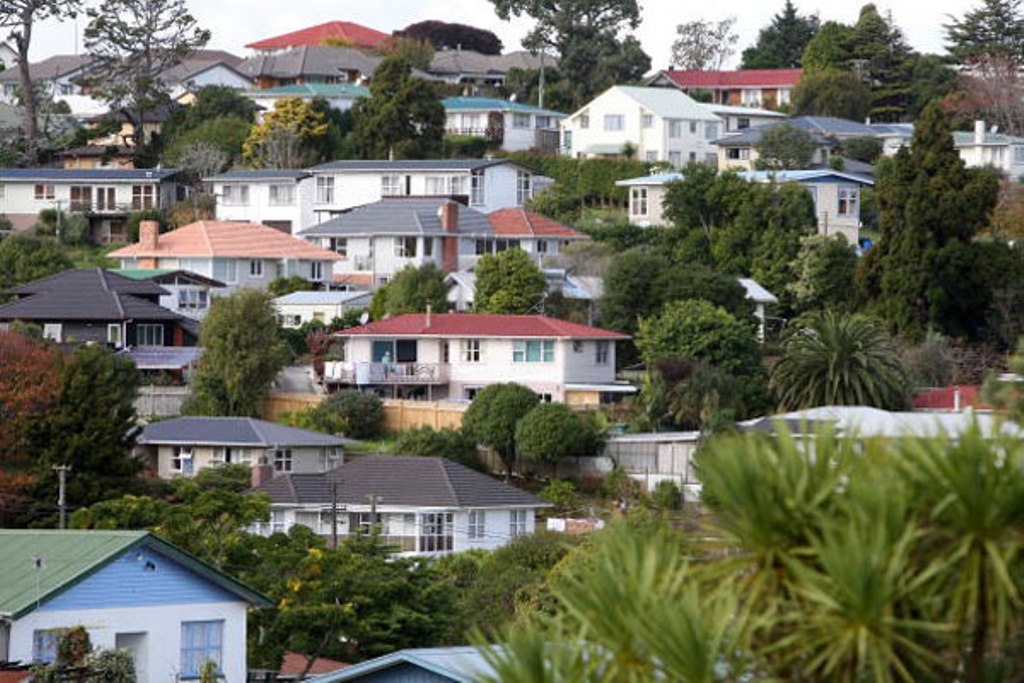Every home and office has at least a clock to tell the time of the day. The work and other activities are planned and executed according to the time decided on the clock. This enables the efficient utilization of time and effort to achieve the end goal, whatever they might be.
Similarly, there is the Property Clock that people tend to use, to time when to make a buy decision in the property markets and when to sell out of the markets as well. Just like the chronological clock, the property cycle tends to generate times of property buying and property selling as well. It is for the person interested in selling or buying of property that must use the clock to good effect to bring on a position of advantage that he can encash upon.
Factors That Affect the Property Clock
It is wrong to assume that the Property Clock is a simple functioning element. It is at best one of the most complex situations that can come up in the real estate markets. This is because when someone interprets a good time to buy it could be for another person a good time to sell. It is this variance to the perceptions that in the final sense decide if a deal would go through or not.

- Economic Cycles
Most economies have cycles when things are fine for businesses and when things are not so good for doing business. When a certain economy of a country or region is considered, the boom times are usually the times when people in the region tend to have surplus money in their hands. This should trigger a buy scenario in the property market.
The question is when there is a booming economy and property prices are heading north, who would you find wanting to sell a property? One of the very practical situations has been that compared to the prices that people brought the property at, it would now at the buy signal be sitting on a good return on capital expended. So it makes sense to sell the property and realize the gains than to sit on paper profits most of the time.
The economic cycles and the property cycles do not stay steady for long and a boom in the markets is often followed by a bust scenario as well. So it makes perfect sense to book profits by selling the particular property.
- Regional Cycles
By regional cycles in real estate property deals, it means local situations that could affect the prices as with the demand and supply of property. Supposing a small town that is dominated by a large steel manufacturer; it would naturally follow that the fortunes of the steel company would mirror the fortunes of the town itself.
Supposing the times for the steel industry are hard or some other factor affects the functioning of the steel plant, naturally, the property cycle in and around the steel company would fall to a low. This situation would affect only the town where the particular steel company has dominance and not the whole country. Good times at the steel manufacturer would mean good times for the property deals in the town as well.
Getting to time the property cycles
There is an interesting phenomenon that armchair property dealers tend to speak of often. That is they tend to compare the increase in the property prices when the bust times were there and compare it to the real estate prices at the top of the cycle or the best buy times. Often the price comparisons would be several times the ones of the lean seasons.
This sort of comparison tends to bring a lot of people into property deals without the sufficient preparations. But to those who can capitalize on the differences in prices during the bust times and the boom times, it would certainly make their day.
The Times of Transition
In the above two very distinct situations, that is the boom cycle and the bust cycle has been discussed. There are two very distinct transition stages that connect these two cycles of the real estate clock. They are the downswing and the upswing. The downswing is when the market falls from a high to the low point and the upswing is when the property clock picks up from the bust cycle toward the boom cycle.

Often the transitions are times of great uncertainty. People have very little to try to understand if the transitions have reached the final end or it is a passing phase. Often it is when the change period has passed through that the market gets to understand the phenomenon.
Conclusion
Folks that are heavily into investing in property tend to take the property cycles rather seriously. For the one-off deal, it really does not matter if the trade happens at a particular point on the cycle but that there must be sufficient money readily available to buy the real estate.






